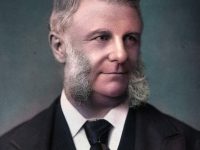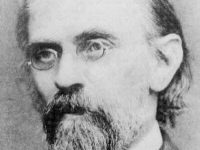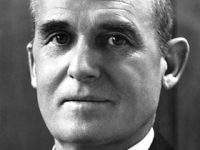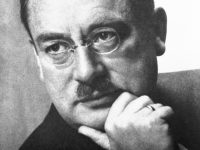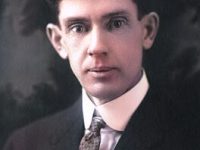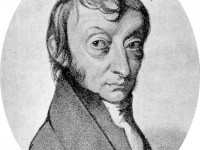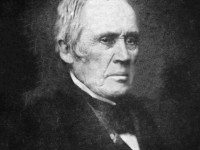Sir Frederick Abel and the Smokeless Gunpowder
On July 17, 1827, English chemist Sir Frederick Abel was born. Abel was a military explosives specialist, and with the chemist Sir James Dewar, invented cordite in 1889, which is a smokeless gunpowder that was later adopted as the standard explosive of the British army, and proved vital in WWI. Frederick Abel – Early Years Frederick Abel was the son of the German-English musician Johann Leopold Abel and great-grandson of Leopold August…
Read more

